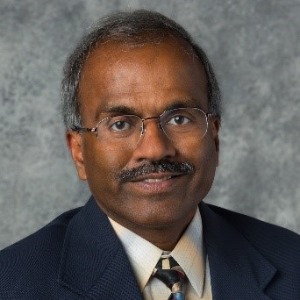8th Edition of Euro Global Conference on
Food Central Composite Design (CCD)
The Central Composite Design (CCD) is a widely used statistical experimental design methodology employed in food science and engineering for optimizing processes and formulations. It is a response surface methodology that allows researchers to explore the effects of multiple variables on a response of interest while minimizing the number of experimental runs required. The CCD consists of a factorial design augmented with center points and axial points, providing information on the curvature of the response surface. This design allows for the estimation of linear, quadratic, and possibly cubic effects of the variables under investigation. CCDs are particularly useful when the relationship between the variables and the response is expected to be nonlinear or when curvature in the response surface needs to be evaluated. In food research, CCDs are commonly used to optimize processing parameters such as temperature, time, pH, and ingredient concentrations to achieve desired product characteristics such as texture, flavor, color, and shelf-life. By conducting a series of experimental runs based on the CCD, researchers can develop predictive mathematical models that describe the relationship between the input variables and the response variable, enabling them to identify optimal conditions for achieving desired outcomes. CCDs offer several advantages, including efficiency in terms of experimental runs, robustness to noise and variability, and the ability to identify optimal process conditions while considering interactions between variables. However, careful consideration must be given to factors such as model adequacy, extrapolation of results beyond the experimental region, and the interpretation of coefficients in the mathematical model. Overall, CCDs are valuable tools in food research and development, providing systematic and efficient approaches for optimizing processes, improving product quality, and enhancing process efficiency.

Kasiviswanathan Muthukumarappan
South Dakota State University, United States
Said Bouhallab
INRAE, France
Giovanni De Francesco
University of Perugia, Italy
Alex Martynenko
Dalhousie University, Canada
Aduba Collins
Charles Sturt University, Australia
Ana Isabel Najera
University of the Basque Country EHU, Spain


